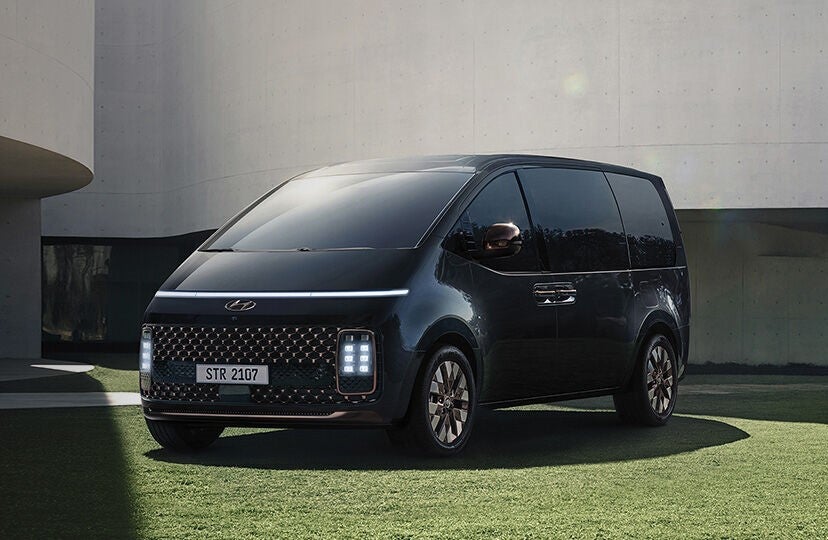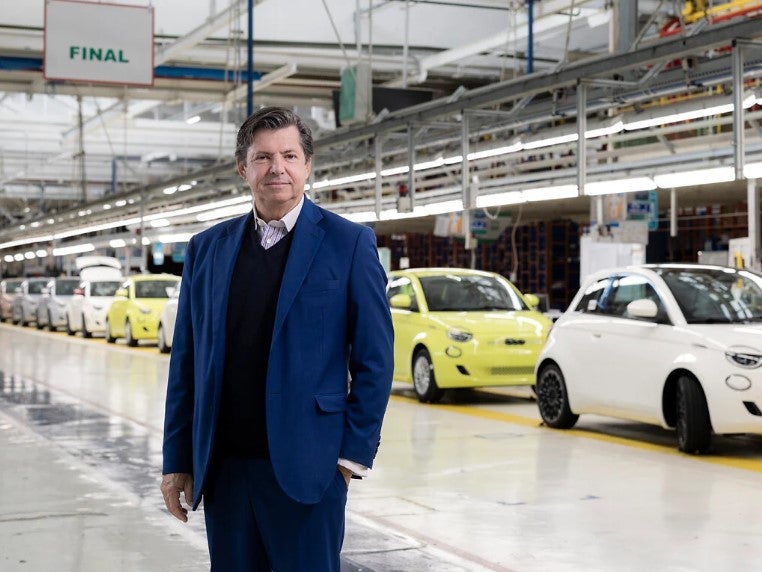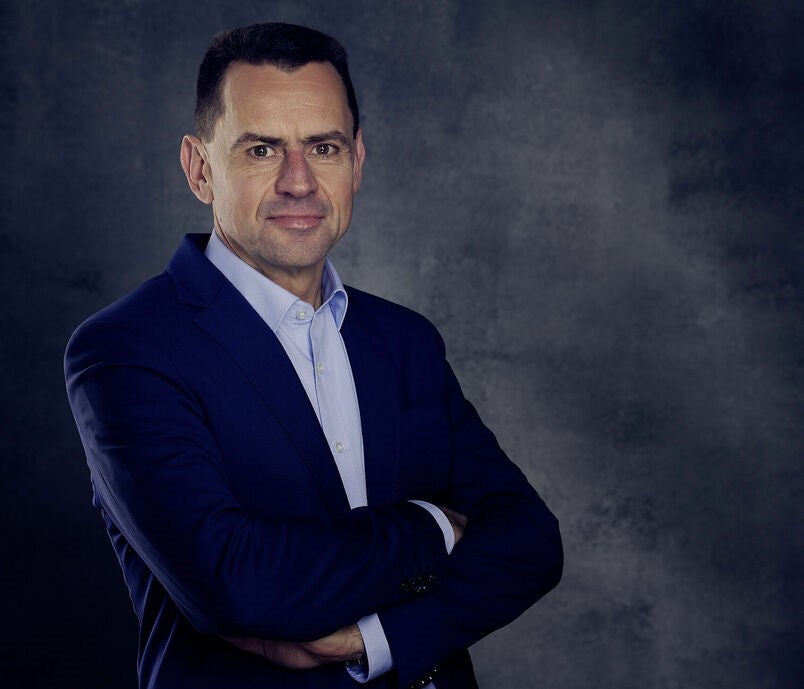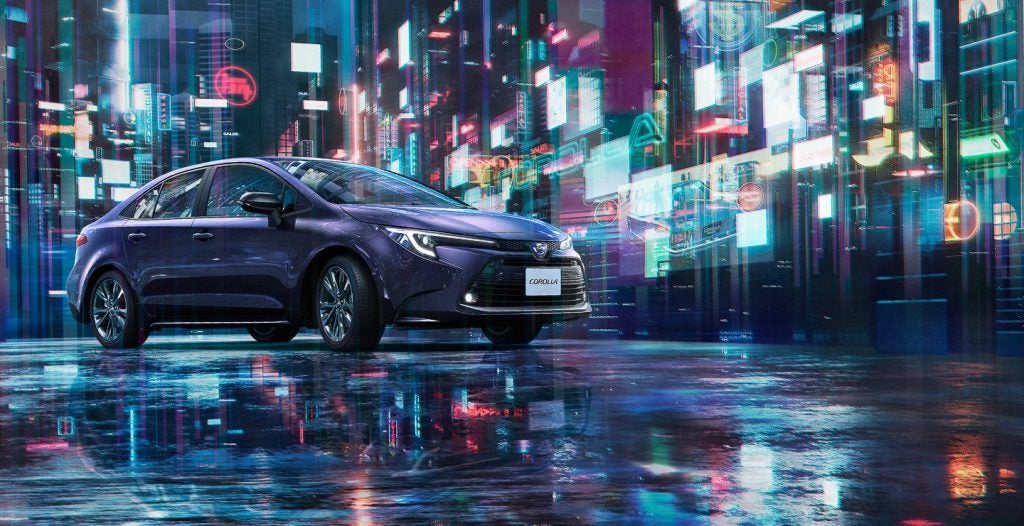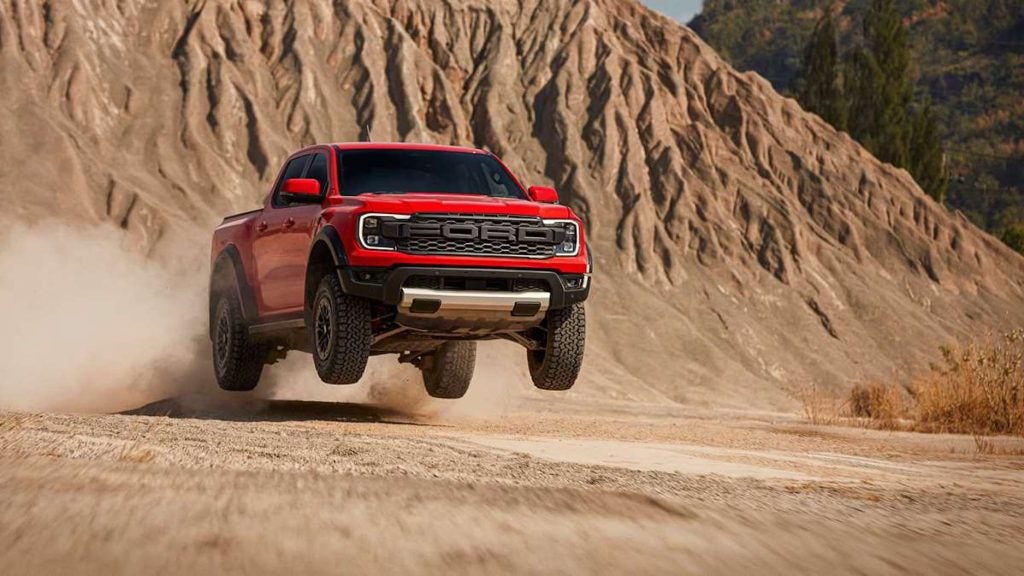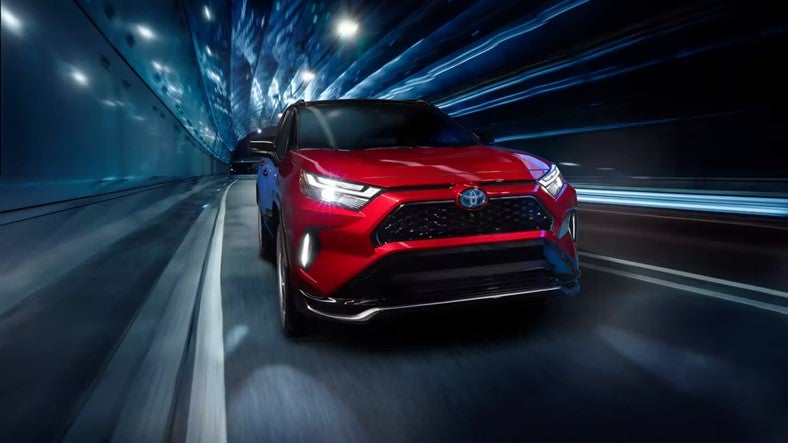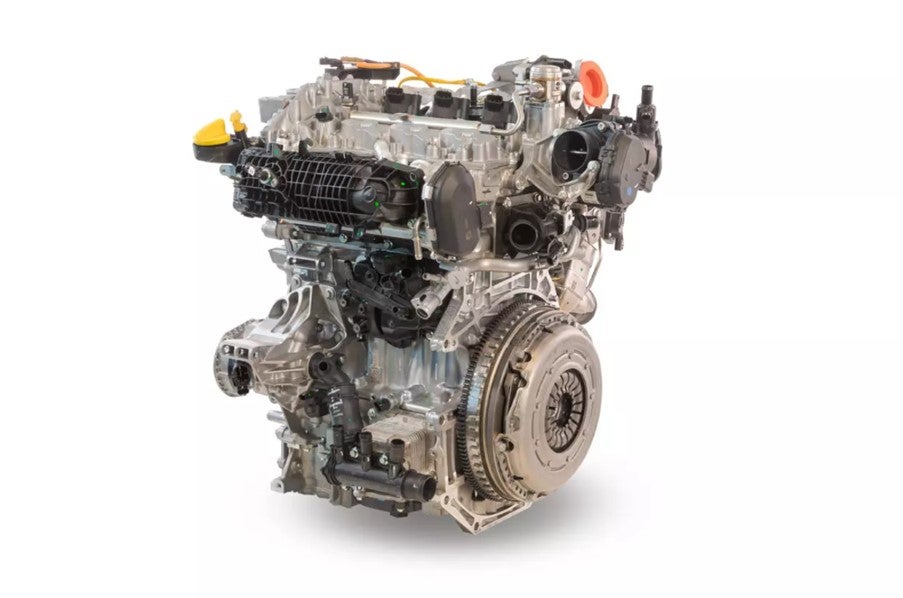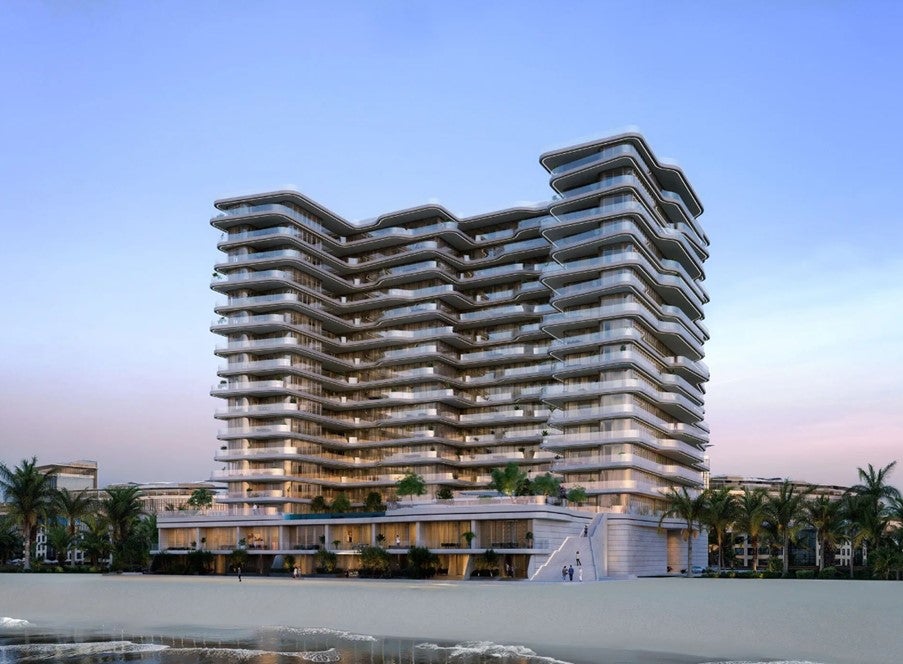Hyundai Motor Company plans to launch production of a battery powered version of its Staria minibus in Europe in early 2026, according to local reports citing local industry sources.
The automaker anticipated demand for battery powered vehicles to grow strongly in Europe once Euro 7 standards were introduced in July 2025, as well as markets in Asia-Pacific such as Thailand and Indonesia plus Australia. The company aimed to sell between 15,000 and 20,000 Staria EVs per year.
Earlier this year, Hyundai unveiled the ST1 (Service Type 1), a new dedicated battery electric vehicle (BEV) platform for light commercial vehicles targeting the general purpose local delivery market.
The Staria EV will have fourth generation NCM (lithium, nickel, cobalt, manganese) batteries with a capacity of 84 kilowatts (kW), 10% more than those fitted to the ST1. They will be produced at the company’s Ulsan plant in South Korea where it is currently expanding BEV and battery production capacity including the installation of a new high voltage battery production line.
In Europe, Hyundai has an assembly plant in the Czech Republic and also a factory in Turkey. The Staria is currently also assembled in Indonesia from where it is also exported to other regional markets.
In South Korea, Hyundai already produces and sells battery powered versions of the Porter light truck while sister company Kia sells the Bongo EV light truck.
The company sold around 55,000 internal combustion engine (ICE) Starias worldwide last year including 40,000 in Korea.
The minibus has maximum capacity of 15 seats.


